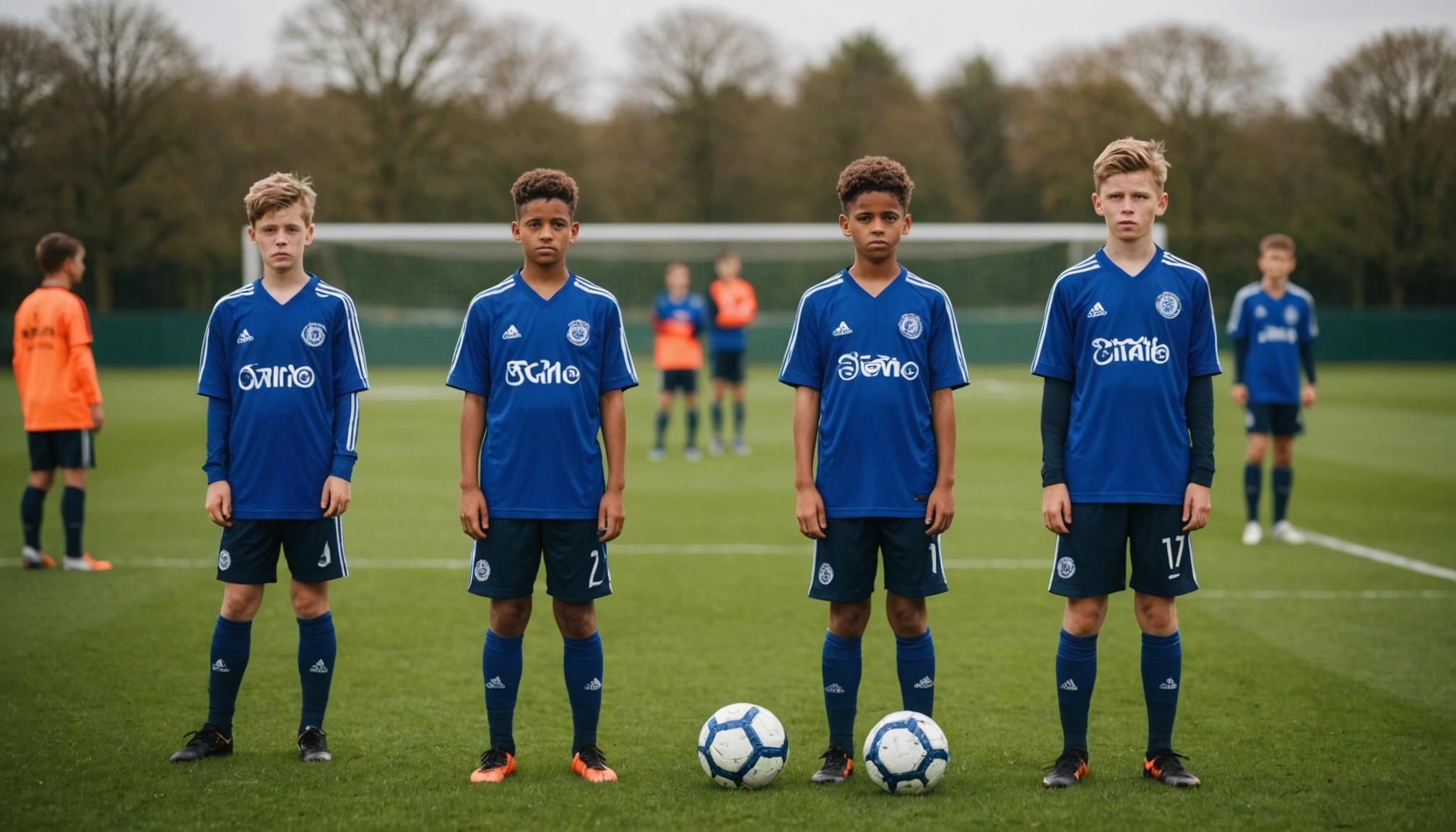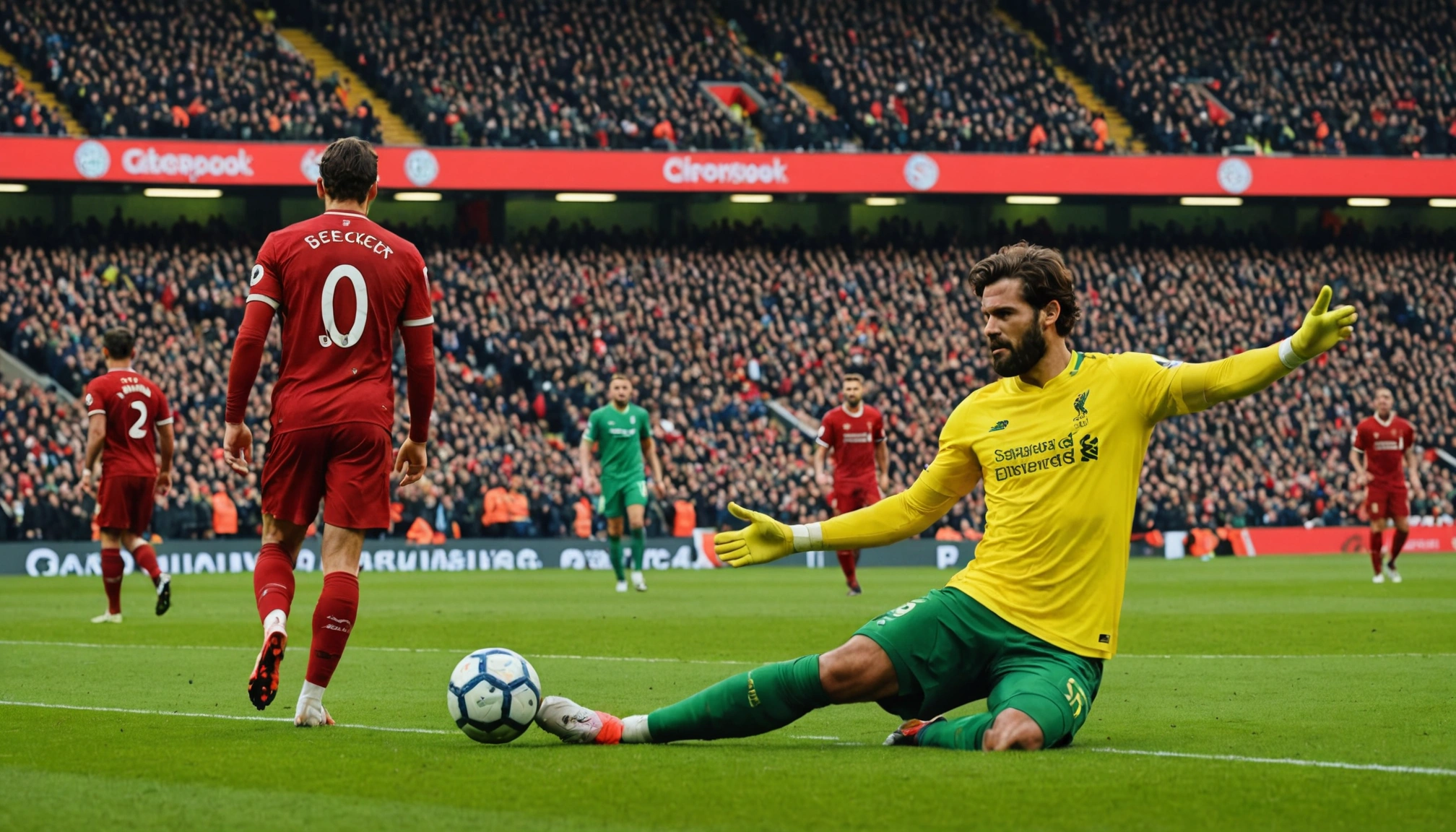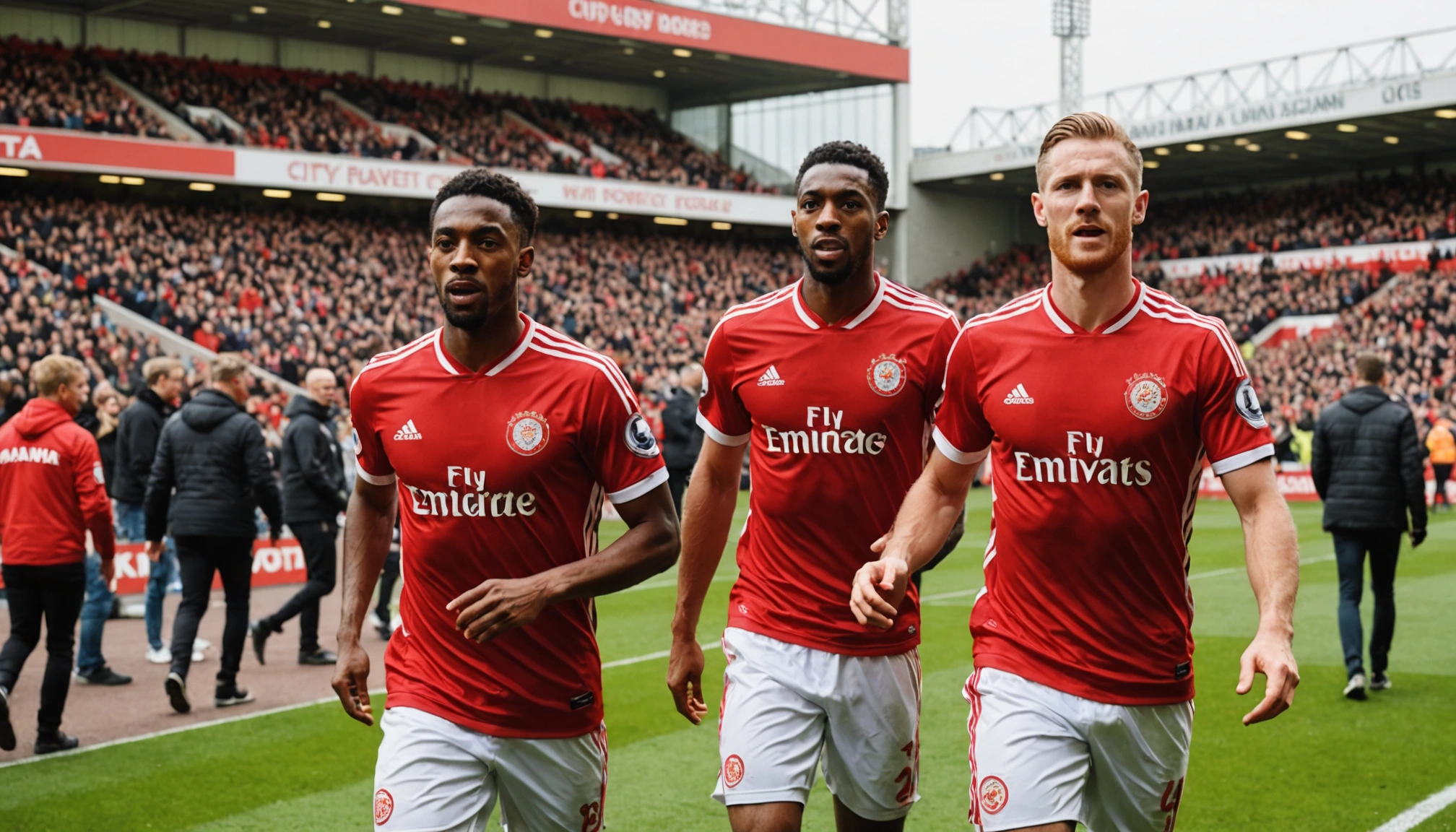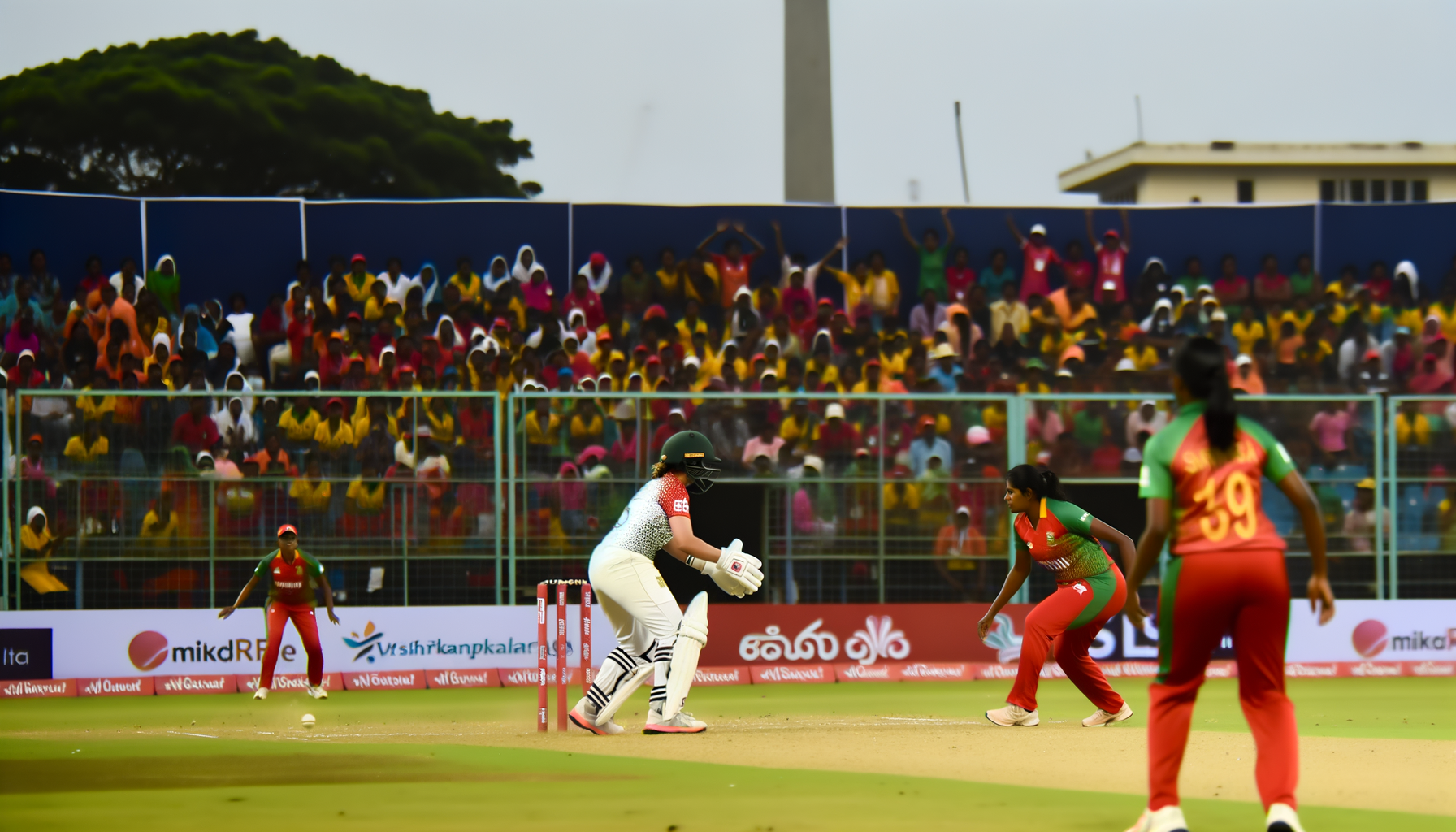the wonderkids who didn’t make it in the premier league
Explore the stories of Premier League wonderkids like Jose Baxter and Federico Macheda who faced challenges and didn’t fulfil their early promise.

By Editorial
The rise and fall of premier league wonderkids
Every football season, the Premier League showcases prodigious young talents who captivate fans with their early promise. Names like Rio Ngumoha and Max Dowman remind us how exceptional youth talents can make headlines by breaking records and dazzling crowds. But history also reveals a less glamorous side: many wonderkids fail to transform early potential into sustained success.
Understanding why some of these young stars don’t reach the heights expected is vital not only for fans but also for clubs, coaches, and youth development programmes. Let’s delve into some notable cases and the factors that influenced their careers.
Why early promise doesn’t always translate to success
Steve Sallis, a respected coach and mentor who has worked with Premier League stars such as Jude Bellingham and Joe Gomez, highlights that young players must develop identities beyond football. According to Sallis, the pressure on teenage footballers is immense, yet many don’t fully grasp it due to their age.
He stresses the importance of safeguarding and welfare, noting that modern clubs and organisations like UEFA have significantly improved player care compared to a decade ago. Challenges such as too much too soon, financial distractions, injuries, and the relentless demands of professional football can derail a promising career.
Case studies: wonderkids who struggled to fulfil their potential
Andy Turner – a promising start cut short
Andy Turner became the Premier League’s youngest goalscorer in 1992 at 17 years and 166 days, netting a late winner for Tottenham Hotspur. Despite a bright debut season, injuries and managerial changes hindered his progress. His story resonates with current young talents like Rio Ngumoha, who scored a decisive goal for Liverpool recently.
Turner recalls the supportive environment at Spurs under Terry Venables, who managed him carefully and kept his family informed. This contrasts with the harsh realities many young players face today, highlighting the importance of management and mentorship.
James Vaughan – record youngest goalscorer battling pressure
James Vaughan holds the record as the Premier League’s youngest goalscorer at 16 years and 270 days, scoring for Everton in 2005. However, a series of injuries and the psychological strain of early fame affected his career trajectory. Vaughan admitted to struggling with attention and often isolating himself to avoid the spotlight.
Despite these challenges, Vaughan went on to have successful spells in lower leagues, proving resilience even when the Premier League dream dims.
Michael Johnson – injuries and mental health battles
Michael Johnson debuted for Manchester City as a box-to-box midfielder with high expectations. Unfortunately, recurrent injuries limited his playing time, and he eventually left professional football at 24. Johnson later spoke openly about his struggles with mental health, highlighting the often overlooked emotional toll faced by young athletes.
Matthew Briggs – early debut and the pressure that followed
Making his Premier League debut at just 16 years and 68 days for Fulham, Matthew Briggs was among the youngest to feature in the league. However, he admits he didn’t handle the pressure well, feeling entitled initially but later recognising the need to continually prove himself.
Briggs’s experience underscores how mental preparedness and mindset are crucial for young players navigating professional football’s challenges.
Jose Baxter and Federico Macheda – tales of talent and turmoil
Jose Baxter followed Everton legends by debuting at 16 but struggled with off-field issues, including drug use and depression, which he candidly discussed in interviews. His story is a stark reminder of the pitfalls of sudden wealth and fame without adequate support.
Federico Macheda, meanwhile, famously scored a stunning debut winner for Manchester United but could not maintain that early impact. Though he enjoyed a respectable career across several clubs and countries, he never reached the anticipated heights at Old Trafford.
Other notable cases: Izzy Brown and Reece Oxford
Izzy Brown debuted for West Brom at 16 and later moved to Chelsea, but persistent injuries forced his early retirement at 26. Despite this, Brown expressed gratitude for living the dream many young players aspire to, showing a positive outlook despite setbacks.
Reece Oxford, West Ham’s youngest first-team player, made just eight league appearances before moving to Germany’s Bundesliga. His career path illustrates how some young English players find success abroad when opportunities at home are limited.
Lessons for clubs and aspiring players
The journeys of these wonderkids highlight several key lessons:
- Comprehensive player welfare: Clubs must prioritise mental health support and education alongside football training.
- Managing expectations: Young players need guidance to handle fame, money, and pressure without losing focus.
- Injury prevention and recovery: Robust medical care is critical to prolong careers and maintain performance.
- Long-term development plans: Transparent communication with players and families fosters trust and stability.
For budding footballers, embracing humility and understanding that a debut is just the beginning can help sustain motivation and growth.
Conclusion: beyond the headlines
While the Premier League regularly celebrates its youngest stars, the stories of those who didn’t quite make it offer valuable insights. Success in football demands more than talent; it requires resilience, support, and careful nurturing.
By learning from past wonderkids’ experiences, clubs and young athletes alike can better navigate the challenging journey from prodigy to professional, ensuring that early promise has the best chance to blossom into a lasting career.
Related topics
Editorial
Sports expert at SportsScoop
Specialist in sports analysis and journalism
Related articles
Want to read more?
Explore our comprehensive collection of sports articles and analysis, or contact us for more information.



